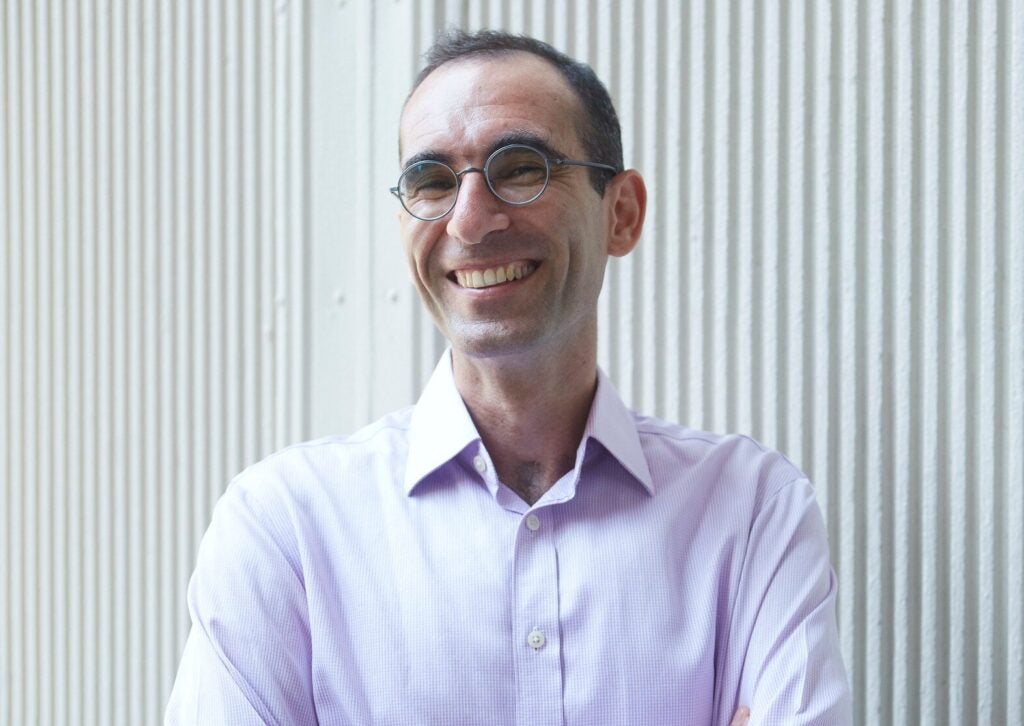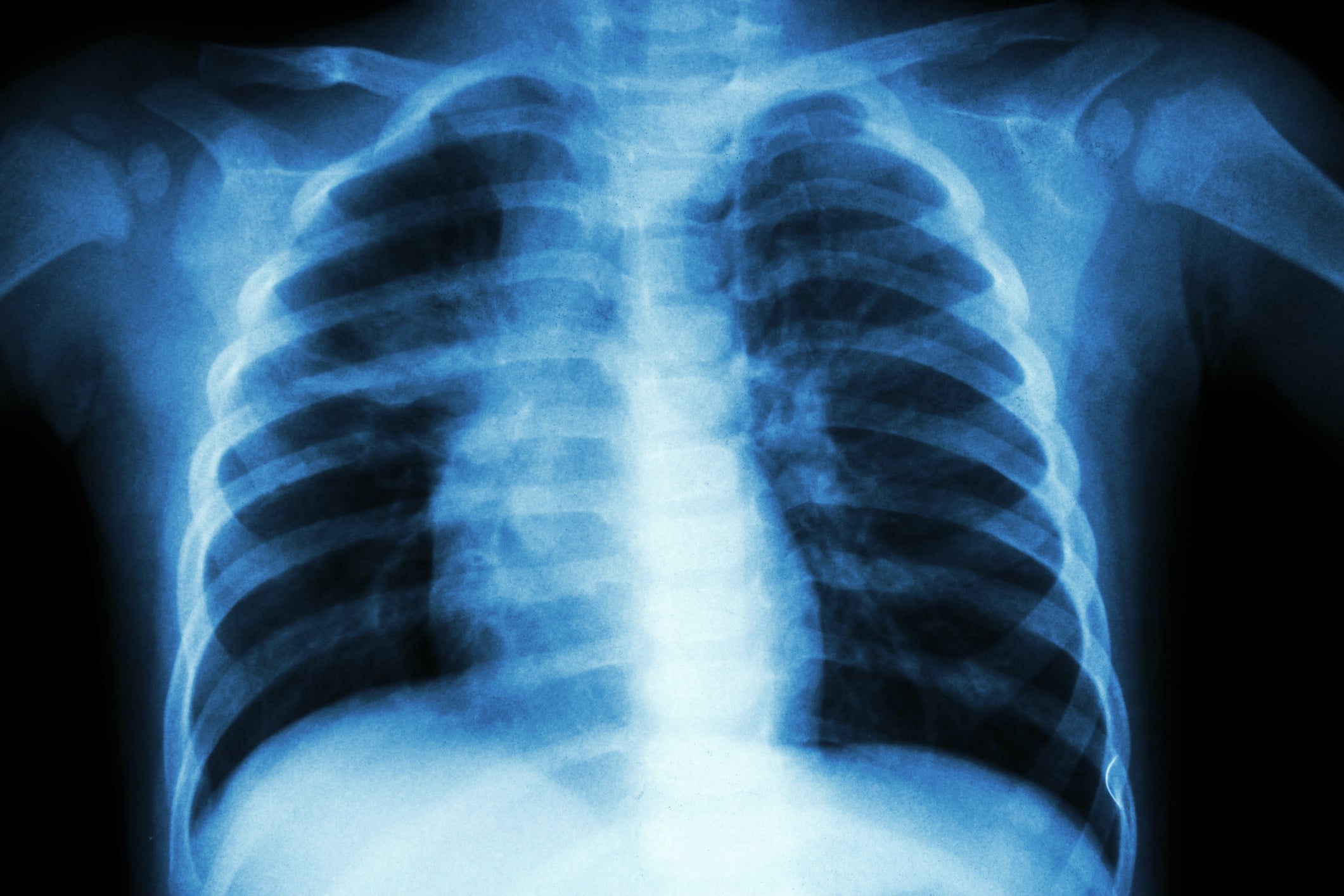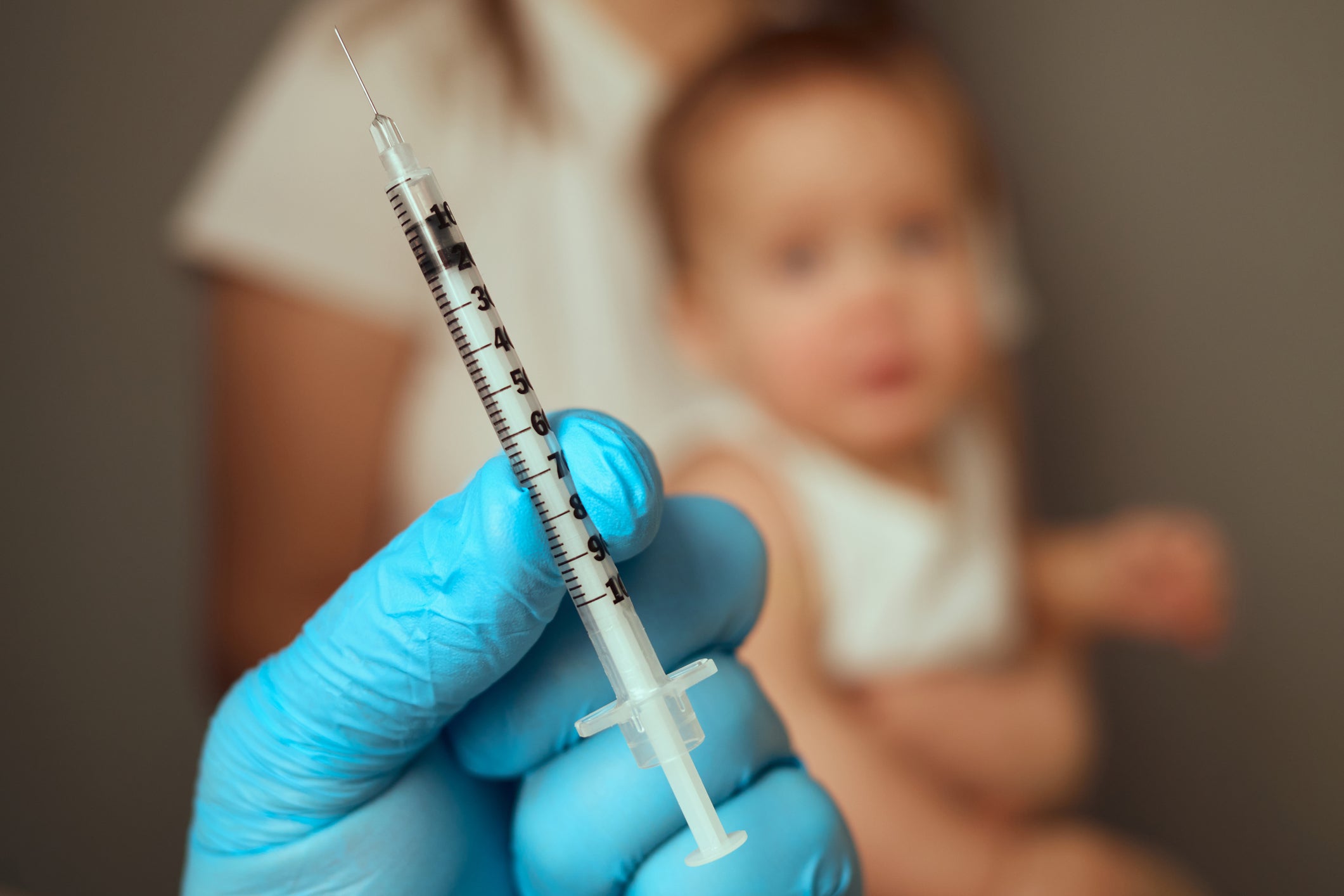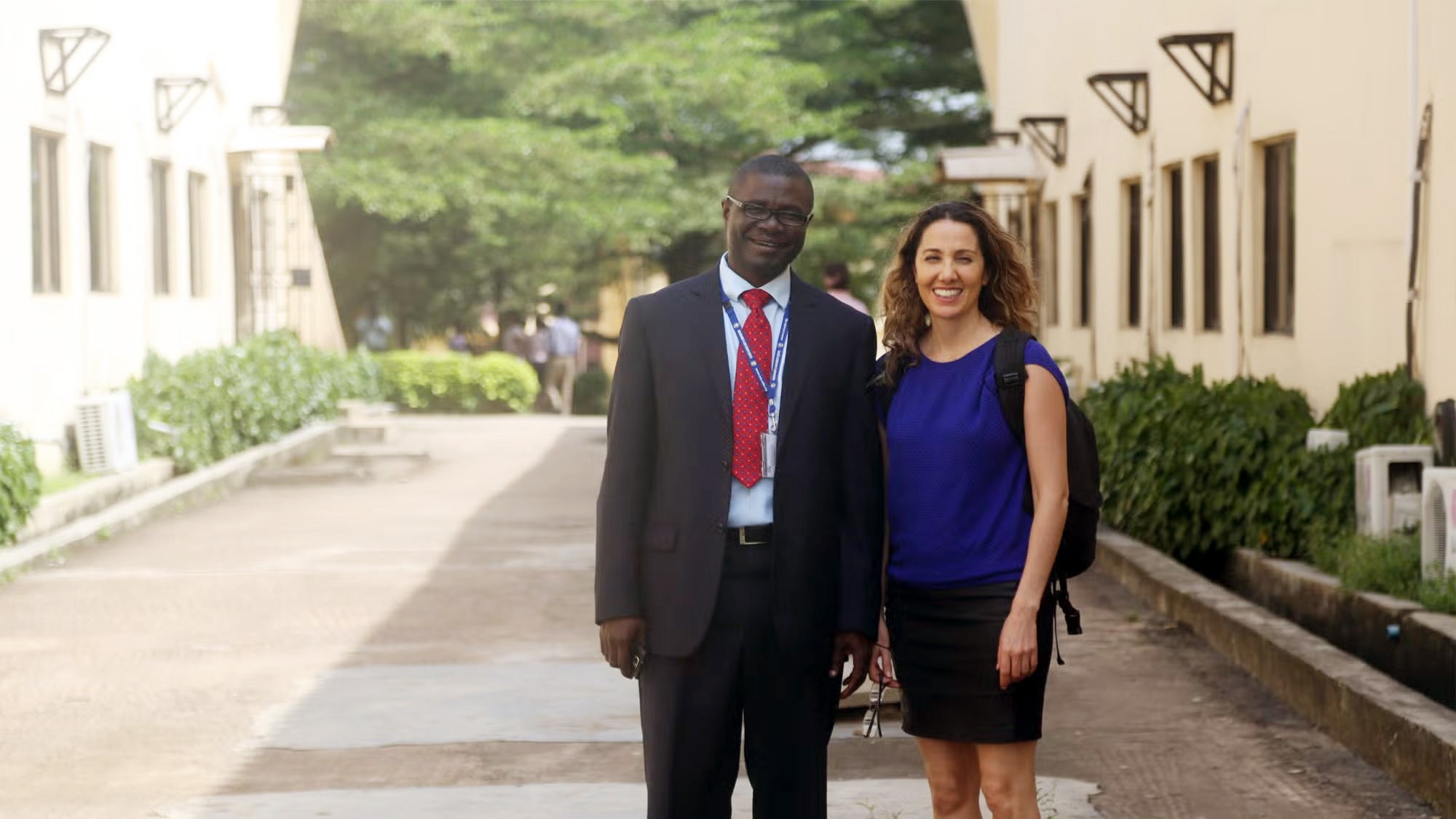In late January, the Texas Department of State Health Services reported confirmed cases of measles in the rural western part of the state. Since then, the disease—once considered eliminated from the U.S.—has infected hundreds of people, killed two, and crossed state lines. Many experts fear the actual total number of cases remains unknown.
Amid this outbreak, many are wondering about what the risk of getting the disease is and how to protect themselves. Yonatan Grad, professor of immunology and infectious diseases at Harvard T.H. Chan School of Public Health, addresses some of these concerns.
Q: Tell us about the current outbreak.
A: As of March 12, Texas and New Mexico had reported more than 250 cases of measles. Oklahoma had reported two cases linked to this outbreak. Tragically, two people—one child and one adult, both unvaccinated—have died in this outbreak. These are the first measles deaths in the U.S. since 2015.
Measles outbreaks regularly take place in parts of the world where there are low rates of vaccination. In the U.S. in recent years, almost all cases and outbreaks link back to international travel. When measles gets into communities with low rates of vaccination, there are outbreaks. That’s what we’re currently seeing in Texas and New Mexico and is what we saw last year in Broward County, Florida.
Since measles is extremely contagious, those in proximity to the outbreaks should make sure that they have been vaccinated. When there’s high (>95%) vaccination rates in a population, we won’t see outbreaks—that’s thanks to the measles, mumps, and rubella (MMR) vaccine having 93% effectiveness against measles infection with one dose and 97% effectiveness with two doses. When the vaccination rates drop below that level, and particularly when you get concentrations of unvaccinated individuals, such as might happen when people congregate in schools or other settings, you can see outbreaks after an introduction of measles. Declining vaccination rates in our communities should prompt concern and action.
Q: What should we be concerned about in terms of spread?
A: Since measles is extremely contagious, an outbreak of this size should be expected to result in sporadic cases that appear outside of the Texas and New Mexico epicenter. This is akin to what was seen with the Broward County, Florida outbreak last year, when kids from other states who had traveled to Florida ended up infected. We don’t expect those sporadic cases to lead to outbreaks outside of unvaccinated communities.

Q: Should adults get MMR boosters?
A: If you were born before 1957, in all likelihood you had measles and are presumed to have immunity. For most adults, if you had one or two doses of the MMR vaccine, no additional doses are needed. For those vaccinated before 1968, if you received the inactivated measles vaccine (which was available from 1963 to 1967) or are not sure what kind of vaccine you received, you should receive at least one dose of the live attenuated vaccine. If you are in an area with a measles outbreak, work in health care, are a student at a post-high school institution, or travel internationally, particularly to places at high risk for measles transmission, two doses of the MMR vaccine are recommended. If you have questions about your status and whether you should get vaccinated, check with your physician. The CDC [Centers for Disease Control and Prevention] also offers information.
Q: If you just received a vaccine, when does it become effective?
A: It takes about two weeks to reach the full effect of vaccination.
Q: Are adults as likely as kids to contract measles?
A: Measles is extremely contagious. Children and adults with no immune protection against measles, either because they haven’t had the disease or haven’t been vaccinated, are at greatest risk.
Q: Do vulnerable adults like seniors and immunocompromised individuals have special considerations when it comes to measles?
A: These are distinct categories for measles. Those born before 1957 almost certainly had measles and have lifelong immunity. Those who are immunocompromised should discuss with their physicians the extent of their immune protection and what kinds of precautions or vaccinations are needed.
Q: Vitamin A is being touted as a prevention tactic in some circles. Is there any legitimacy to that?
A: Vitamin A does not prevent measles and is in no way a substitute for vaccination. Deficiency in vitamin A is a risk factor for severe disease, and so it has a role in treatment and can help with outcomes in some cases. You might think, why not load up on vitamin A? There are a few important reasons not to: First, vitamin A deficiency is extremely rare in the U.S. so you likely don’t need more, and, second, taking too much vitamin A can be toxic, with a wide variety of consequences including damage to your liver and bones.
There’s a lot of noise and misinformation out there, but there are two simple points to communicate. First, measles can cause severe disease and can be fatal. Second, measles can be prevented with the MMR vaccine, which is safe and effective.



